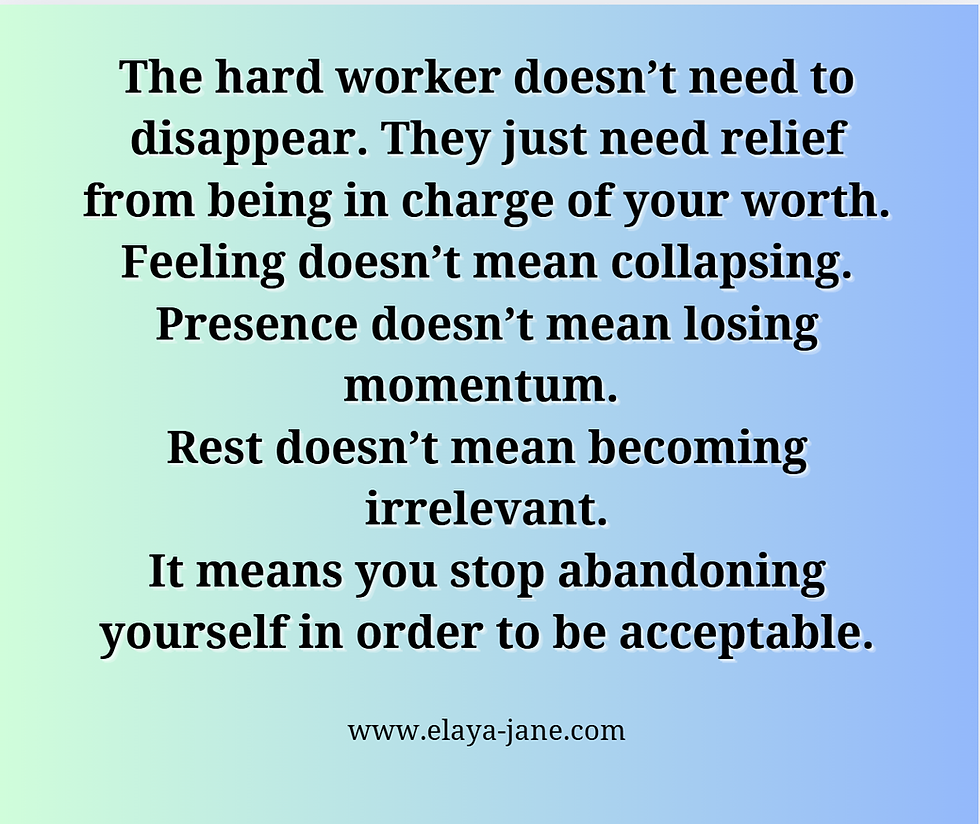The Value of Good Friends
- Jane McGarvey
- May 13, 2025
- 4 min read
A Personal Reflection
Lately, I’ve been thinking a lot about friendship—the kind that holds you up when you're falling, makes you laugh until your belly aches, and reminds you who you are when you forget. You know the ones I mean.
But in the quiet spaces between those memories, I’ve also been reflecting on the times I may not have been the friend I wanted to be. When I’ve missed cues, left things unsaid, or misunderstood what was needed. And more importantly, I’ve noticed a pattern: when friendships start to fade, it’s often without a word. Just… a slow drift into silence. That leaves me confused, a little hurt, and full of questions I’ll likely never get answered.
So, what is it that makes friendship—especially among women—so beautifully essential and yet, sometimes, so complicated?
The Dance of Female Friendship
Friendship between women can be incredibly intimate. We tend to bond over shared emotions, life experiences, and unspoken understanding. But this closeness can also make things delicate. We expect our friends to just know—how we feel, what we need, when we’re hurt. And when those expectations go unmet, instead of confronting it directly, we may retreat, hoping time will smooth things over.
That’s where I find myself reflecting. Why didn’t I speak up more often when something felt off? Why did I assume they’d understand my silence as “I care, I’m just struggling,” rather than “I don’t value this”?
Why do we, as women, sometimes hold back our truth to keep the peace, only to lose the whole connection?

Trauma-Bonded or Soul-Bound?
I have lifelong friends I could call in the middle of the night without hesitation. We’ve been through so much together. But if I’m honest, those friendships may have been cemented more by shared trauma than true compatibility. Growing up when everything felt chaotic, we clung to each other like life rafts. That kind of bond is deep and reminds me of who I am am and of how I overcome challenges.
Then there are the friends who bring lightness. The ones I laugh with. For me, laughter is the gateway to connection. If I can’t laugh with someone, I struggle to let my guard down. That’s my friendship love language.
And finally, there are the friendly connections—the women I adore seeing at events, or chatting with over coffee. They’re warm, genuine, and lovely. We may not go deep, but I treasure them too. Not every friendship has to be a soul-baring one.
Why Friendship Can Feel So Tricky
Here’s what I’ve learned: friendship is as much about how we relate as who we relate to.
Some reasons friendship can feel confusing or fragile:
Unspoken expectations: We often expect others to “just know” how we feel or what we need—especially in close friendships.
Conflict avoidance: Many of us would rather ghost or go quiet than risk a confrontation. It feels safer… until it hurts more.
Different communication styles: Some people process through talking. Others need time and space. If we don’t understand each other’s styles, it’s easy to take things personally.
Old wounds in new friendships: Past betrayals or letdowns can make us cautious, guarded, or even reactive in new friendships.
Change over time: Sometimes people simply grow in different directions. It doesn’t mean the friendship wasn’t real—it just means it served its season.
Is This Just a “Woman Thing”?
Not entirely. But female friendships often carry more emotional complexity. We’re socialised to value connection, empathy, and caretaking. This can lead to deep, emotionally supportive friendships—but also to suppressed resentment, passive conflict, and loss of self if we’re not mindful.
When we’re clear about our own needs, and brave enough to express them, friendships flourish. But when we ignore our truth—or expect our friends to read our minds—we risk creating confusion instead of connection.
Am I a Good Friend?
This is a question I’ve started asking myself more honestly. Not to shame myself, but to grow.
If you’re curious too, try this quick quiz below.
QUIZ: How Do You Show Up in Friendships?
Answer Yes or No:
I regularly check in on my friends, even when life is busy.
I can express when I feel hurt or disappointed in a friendship.
I listen without always needing to fix or compare.
I celebrate my friends’ successes without envy or deflection.
I make time for both deep connection and lighthearted fun.
I take accountability when I’ve hurt someone, even unintentionally.
I ask what my friends need from me, rather than assume.
I honour boundaries—mine and theirs.
I don’t ghost or disappear without explanation when things feel hard.
I allow friendships to change or even end without needing to make someone “wrong.”
Results:
8–10 Yes answers: You’re likely a strong, self-aware friend who values connection deeply and shows up intentionally.
5–7 Yes answers: You have a solid foundation and may benefit from clearer communication or deeper emotional availability.
0–4 Yes answers: There’s room for reflection. This isn’t a judgment—just an invitation to get curious about how past patterns may be playing out in your present connections.
Closing Thoughts
I believe good friends are one of life’s greatest gifts. They reflect our truth, witness our evolution, and walk beside us even when the road gets bumpy. But to be a good friend, we must first be honest—with ourselves, with others, and with the stories we carry about what friendship should look like.
It’s okay if you’ve stumbled in friendship. I have, too. What matters is whether we’re willing to learn from those moments and keep showing up with love, laughter, and the courage to be seen.
Because at the end of the day, real friendship isn’t about perfection. It’s about presence.



Comments